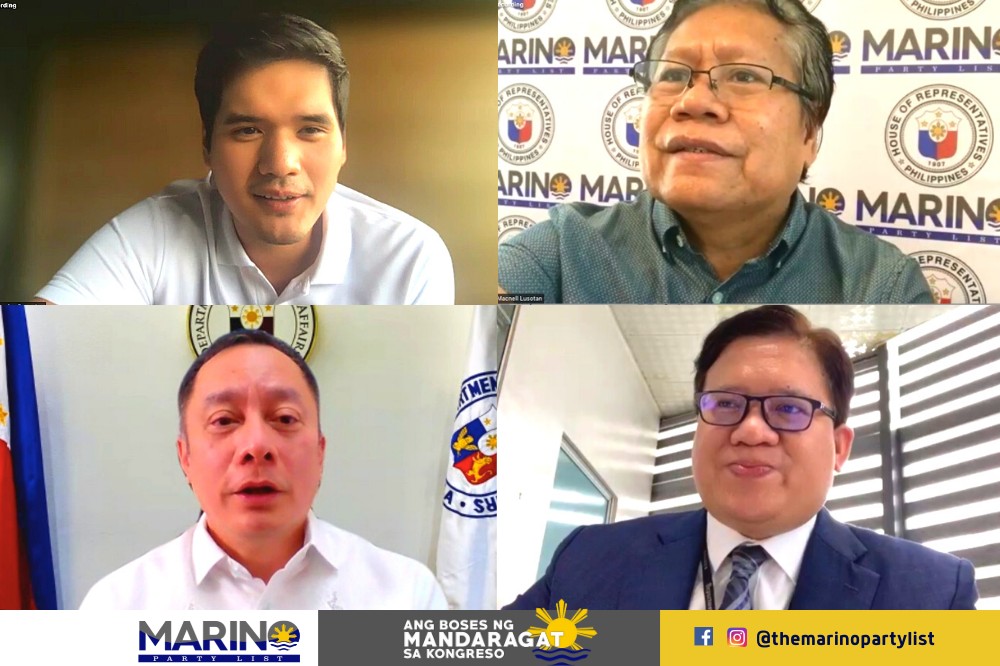With the annual budget deliberation coming up, representatives from the MARINO Partylist and the Department of Foreign Affairs had a virtual meeting to discuss the expansion of Temporary Offsite Passport Services or TOPS for the processing of passport registration and renewal.
Marino Partylist First Rep. Sandro Gonzalez said, “People have reached out complaining to us. Seafarers, OFWs, as well as Filipinos in general could not process their passports for the longest time.” Other than getting vaccinated, passports are crucial for seafarers so they can get on-board their ships and support their families.
DFA Undersecretary Brigido Dulay admitted that since the beginning of the pandemic, many consular offices nationwide were forced to shut down, while those that were retained had to follow strict COVID-19 protocols. This incurred a 3 to 4 million passport backlogs over the course of more than one year.
DFA USec. Dulay added that they will need to open 10 additional Temporary Offsite Passport Services (TOPS) in NCR and 20 in the provinces just to process the backlog for about a year. Moreover, he said that it costs about Php18M a year to operate one TOPS. This includes machines, personnel services, and training of personnel.
“Please submit to us a proposal for the budget and we’ll commit to put it forward at the annual budget deliberations,” Marino Rep. Gonzalez initiated. “We’re also willing to offer our office, the Marino Action Center in Ermita, Manila, should you need extra space to open an additional Temporary Offsite Passport Service.”
Marino Partylist Second Rep. Macnell Lusotan also requested for additional slots for the passport processing of OFWs. DFA USec. Dulay explained that the daily allotted 5,000 slots for OFWs were reduced to just 200 because of the limited TOPS.
“We should work together so we can fix this 3 to 4 million passport backlogs,” Rep. Gonzalez said. Marino Partylist’s constituents, Filipino seafarers, remit about P300 billion a year to the Philippine economy. Having a green lane for seafarers and OFWs would be beneficial to keep our economy afloat during the pandemic.


